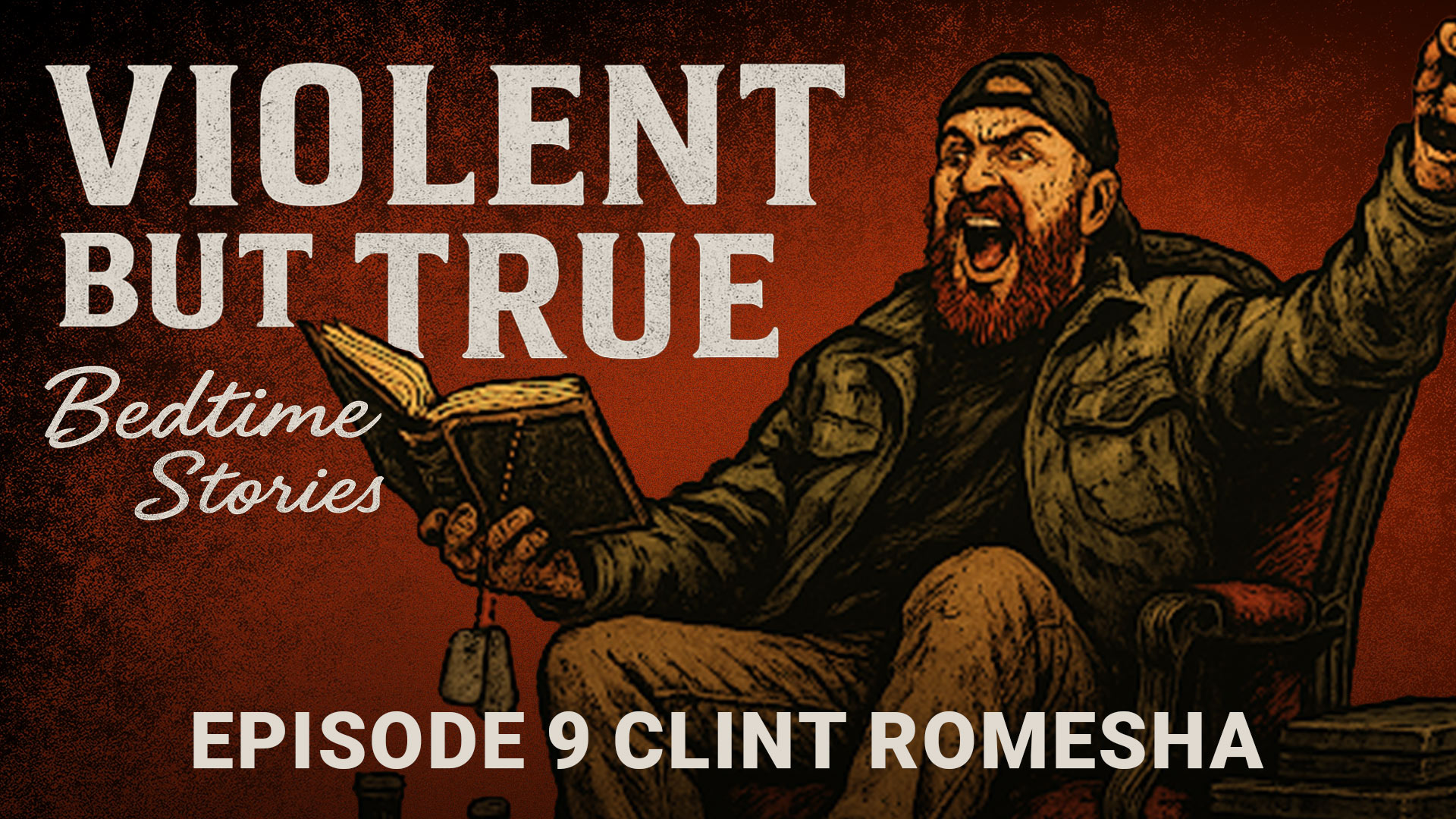If there is any trait that is universally identified with the world of online gaming, it is trash talking. From the beginnings of online multiplayer in the late 1990’s to the mainstream popularity brought on by GoldenEye 64 and Halo: Combat Evolved, talking trash is as a part of the community as callused thumbs or worn down WASD keys.
Some use outbursts in cathartic rage against losing to an opponent. Others use verbal jousting as a valuable psychological tactic to anger and distract the enemy. In fact, during an interview in the 2000’s, professional Call of Duty player “Joshh” Sheppard said, “I’d say trash talking can play a 40% part of us winning a game a lot of the time.”
Given the dramatic rise in popularity over the last 20 years through increasing amounts of platforms and games, as well as streaming personalities and social media, the evolution of trash talk in online gaming and the facets of the modern variety seemed a worthy dive to take.
Finding the first incident of online gaming trash talk may be, for better or worse, impossible. If the inhabitants of the internet are any litmus test, it is likely the first game played online included at least a subtle insinuation against someone’s mother, but I’m willing to guess it started earlier than that.
As it turns out, most people experienced their first games by LAN, or Local Area Network. This is when multiple systems, such as PCs or Xbox, are connected directly through a cable from one device to the other. The people in these early Halo CE or Call of Duty titles were your siblings or neighborhood friends, maybe cousins in for a holiday or family vacation. Therefore, the stakes were high; your personal honor was on the line, especially after that incident at the pool when you were 7.
When internet-based multiplayer and co-op play became streamlined in the early 2000’s, that locally built familial rage went worldwide. Suddenly there was more art and nuance required than mentioning your cousin Steven’s weight to get a reaction. Make all the mom jokes you want, but unless they are particularly spicy or original, you’re more likely to get laughed at than laughed with.
Given time and the steady aging of the original generation to play online games, it is possible that a homeostasis could have formed. A level of acceptable damage you could cause your opponent that would stay in the realm of the spirit of the game would have been set by precedent. But then came eSports.
While eSports can trace its roots back to 1972, the first televised eSports tournament was Halo 2 in 2006, on the USA Network. It would be several more years before eSports broadcasting would become profitable, but in that time several leagues were started and grown, including Major League Gaming. The secret to unlocking its future came in 2011 with the advent of Twitch and other platforms where the audience could interact with the teams directly. Cults of personality were formed around the players, whose careers and stats were being followed like those of a baseball player’s. Including all their best insults and comebacks.
From that point, there was no stopping the train. With social media playing its part, the heroes and villains of the online gaming community elevated the art of talking shit to the next level. Some chose to keep their banter professional, limiting themselves to commentary based solely on playstyle and performance. Others maintained no such boundaries, saying any and all unhinged comments to throw off their opponents, or just to vent their rage onto others when they were losing a match. Some sad few have even taken to the abhorrent practice of using slurs and hate speech to get reactions from competitors, though thankfully the community at large rejects that sort of behavior.
Now, the younger generations, with nearly inexhaustible access to the internet, YouTube, Twitch, Reddit and so on, copy their elders. Because of the age of some of these players, are in a whole different category of smack going around, as internet slang becomes more and more embedded. Despite this lingual diversification, often the younger crowd resorts to heavy repetition of playground insults, causing them to be immediately roasted for it by the older.
And so the circle of life continues. Some younglings will grow with experience to become avid smack talkers, others will remain “squeakers” and fall into obscurity in the corners of Rocket League games. Where will you fall in the annals of history?



%201.svg)









